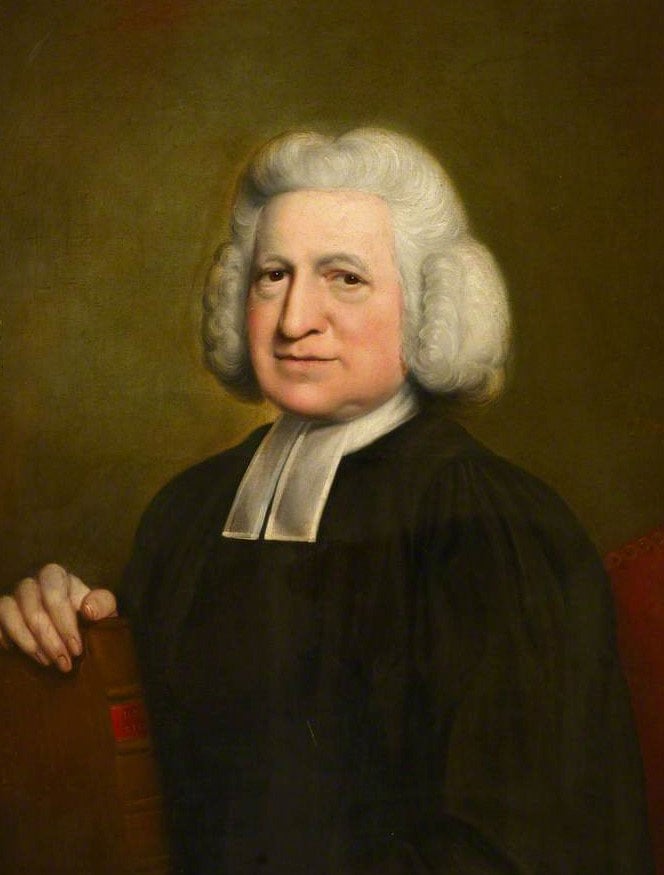This is the first of four hymn devotions for Lent. Read more musical devotions.
United Methodists are likely to sing Charles Wesley’s “Come, Sinners, to the Gospel Feast” sometime during Lent, the weeks leading up to Easter. The hymn invites everyone to receive new life in Jesus Christ.

Some people have a spiritual gift for making others feel welcome. Gifted parents make their sons and daughters’ fiancées feel part of the family on their first Easter together. Generous students and welcoming coworkers eat lunch with those who are new. Kind church members alleviate the anxiety of parents of squirming kids by offering a warm smile from across the row.
Jesus demonstrated the ability to turn a stranger into a friend. He ate with those whom others kept at arm’s length; chose a tax collector as part of his inner circle; and made Samaritans heroes in his stories. Jesus invited all to follow him, regardless of their personal history or social standing.
Lent: A season of welcome
Lent is often understood as a time that is all about us, the people who are already part of the church. We use the season to focus on our inner lives through fasting and abstinence and spend extra time in private prayer and devotion. We attend special worship services and Bible studies where we use old words like penitence that need explaining.
But Lent is also a time of welcome.
Baptism, the sacrament through which we are initiated into the Church, was a central part of the earliest celebrations of the resurrection of Jesus on Easter Sunday. Before the church formalized Lent into a liturgical season, they used the weeks before Easter to prepare converts to be welcomed into the community of faith through baptism.
In 18th century England, some people felt welcome in the church, while others did not. Righting this wrong was part of the impetus of John Wesley and the early Methodist movement.
The first Methodists were intentional about welcoming everyone. They preached where people gathered—town squares and fields near mines. In their meetinghouses, they educated children and distributed medical care to those who could not afford to see a doctor. They also visited prisons to share the gospel of Jesus Christ there.
These ministries grew out of what Wesley taught about God’s grace. He used the phrase prevenient grace to describe the love God has for everyone, even before we are aware of it (prevenient means “coming before”).

This also meant Wesley viewed the sacrament of Holy Communion differently from many of his colleagues. He began to celebrate an “open table,” which United Methodists still practice today. This means that regardless of church membership or lack of it, all who love Jesus, earnestly repent of their sin, and seek to live in peace with one another are welcome at the table where they can begin a new life of discipleship..
The invitation in song
Charles Wesley’s “Come, Sinners, to the Gospel Feast,” extends the invitation in song.
First published under the heading, “Hymn 50, The Great Supper, Luke 14:16-24” in Hymns for Those that Seek and Those that have Redemption in the Blood of Jesus Christ (Redemption Hymns 1747), the song invites us both to the communion table (see The United Methodist Hymnal #616) and to enter new life in Jesus Christ (see UMH #339). Together, the two occurrences in the hymnal use only nine of the 24 verses Wesley penned.
Listen to “Come, Sinners, to the Gospel Feast” performed by Rev. Clyde McLennan, www.smallchurchmusic3.com.
Non-commercial use of these recordings is permitted.
The scripture reference in the heading is a parable Jesus tells about many who decline an invitation to a banquet by giving a variety of excuses. Wesley as narrator begins in the role of the servant charged with making the invitation on behalf of the host:
Come, sinners, to the gospel-feast,
Let every soul be Jesu’s guest,
You need not one be left behind,
For God hath bidden all mankind.Sent by my Lord, on you I call,
The invitation is to all.
Come all the world: come, sinner, thou,
All things in Christ are ready now. (verses 1-2, italics added)
Wesley wants to be sure we each know there is a place for us at the communion table and in life with Jesus. If anyone thinks the invitation is not for them, Wesley is clear,
Sinners my gracious Lord receives,
Harlots, and publicans, and thieves,
Drunkards, and all the hellish crew,
I have a message now to you. (verse 13)

Living the song
In the verses that follow, Wesley urges us who have accepted Christ’s invitation to become servants who invite others to come to the feast and enter into this new life of discipleship. He puts these words on Jesus’ lips,
Tell them, my grace for all is free,
They cannot be too bad for me.Tell them, their sins are all forgiven,
Tell every creature under heaven.
(verses 17b-18a)
Wesley then closes the hymn with a reminder that this gracious invitation is also a call to live a new life in Jesus that can begin today.
This is the time, no more delay,
This is the acceptable day,
Come in, this moment, at his call,
And live for him who died for all. (verse 24)
This Lent, as we seek to strengthen our inner lives in preparation for Easter, let us also be people of invitation. May we not only come to the table ourselves, but invite others to join us in a relationship with Jesus Christ. With the words of Wesley’s hymn on our lips, we open the doors of our hearts, homes, and churches to welcome all to know the love and forgiveness of God through Jesus Christ.
Joe Iovino works for UMC.org at United Methodist Communications. Contact him by email.
Additional resource: The Song Forever New: Lent and Easter with Charles Wesley by Paul Wesley Chilcote.
This story originally posted March 1, 2017.





